
Singapura
Singapura
Singapura
Singapura is a breed of cat that is not often seen in Japan, so it may be known only to those who know it. What is particularly characteristic of this breed is its small size! It is sometimes called a “little fairy” because of its appearance. But there are many secrets hidden in its small body. Would you like to take a look at the story of how Singapura was born?
Singapura Basic Infomation
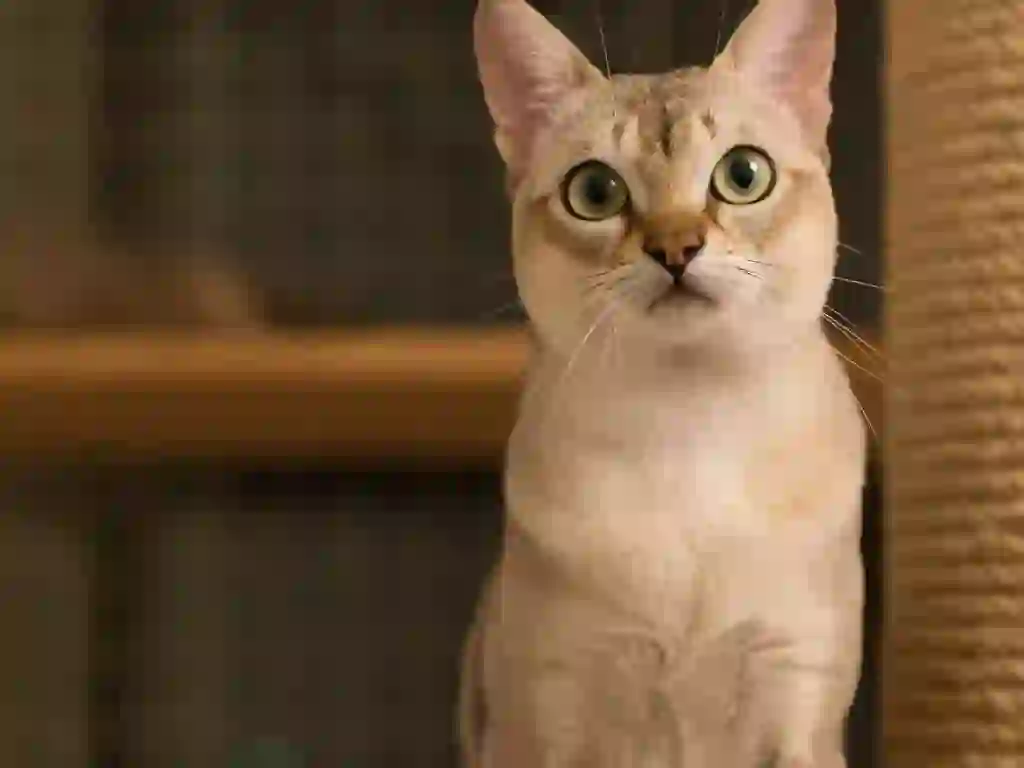
Country of origin Singapore.
Length 30cm.
Weight 2-3.5kg.
Singapura’s ancestors were originally stray cats, or “drain cats,” that lived in places such as sewer pipes.
One day in the 1970s, an American couple visiting Singapore on a business trip rescued three kittens from the side of the road. When the kittens grew up, they were smaller than adults. They also noticed that these cats had a rare color called brown ticked tabby.
After returning to their home in the United States with the cats, the couple wanted to breed cats that took advantage of this characteristic and began working on breeding them in earnest.
About seven years later, Singapura was officially registered as a breed by CFA and TICA.
In 1987, breeder Jerry Mayes also wanted to breed Singapura and received basic cats from the Medu couple. However, Mayes discovered a surprising record later.
It was that “the Medu couple brought in a breed called Abyssinian to Singapore. And they also had a cat called Burmese at home.”
Abyssinians are very similar to Singapura cats, but if this is true, Singapura may not be a purebred cat from Singapore but rather “a cat born from a cross between Abyssinians and Burmese?” This is highly likely.
CFA investigated this question and concluded that “it is true that the Medu couple brought in Abyssinians and kept Burmese at home, but it is also true that they rescued three kittens in Singapore and used them as the basis for creating a new breed of Singapura.”
Singapura is said to be very small among purebred breeds, but it can change depending on the growth environment. Even among Singapuras, those raised in America tend to be larger than those raised in Asia, but the exact cause is not well understood.
Singapura Q&A

What is the origin of the name Singapura?
It is said that Singapore is called “Singapura” in Malay, and it was named after that.
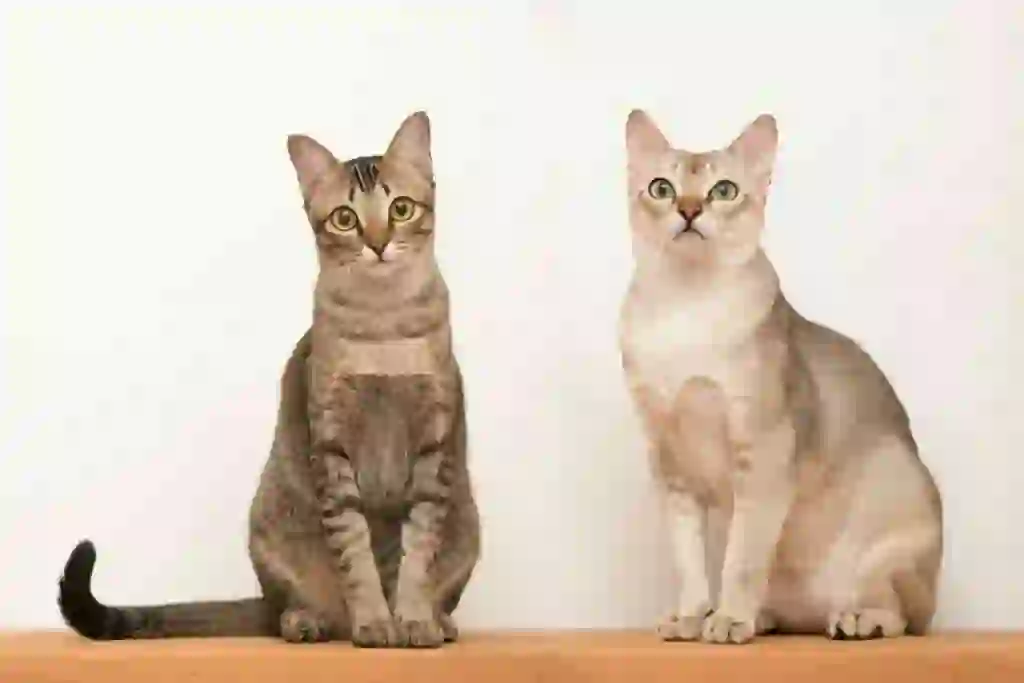
What are the color variations of Singapura?
Singapuras come in only one color, which is sable (dark brown or blackish-brow).
・Tikdotubby. There is only a pattern with dark steps on each coat color.
Eye colors include yellow, green, and hazel.
Singapuras are only available in short hair.
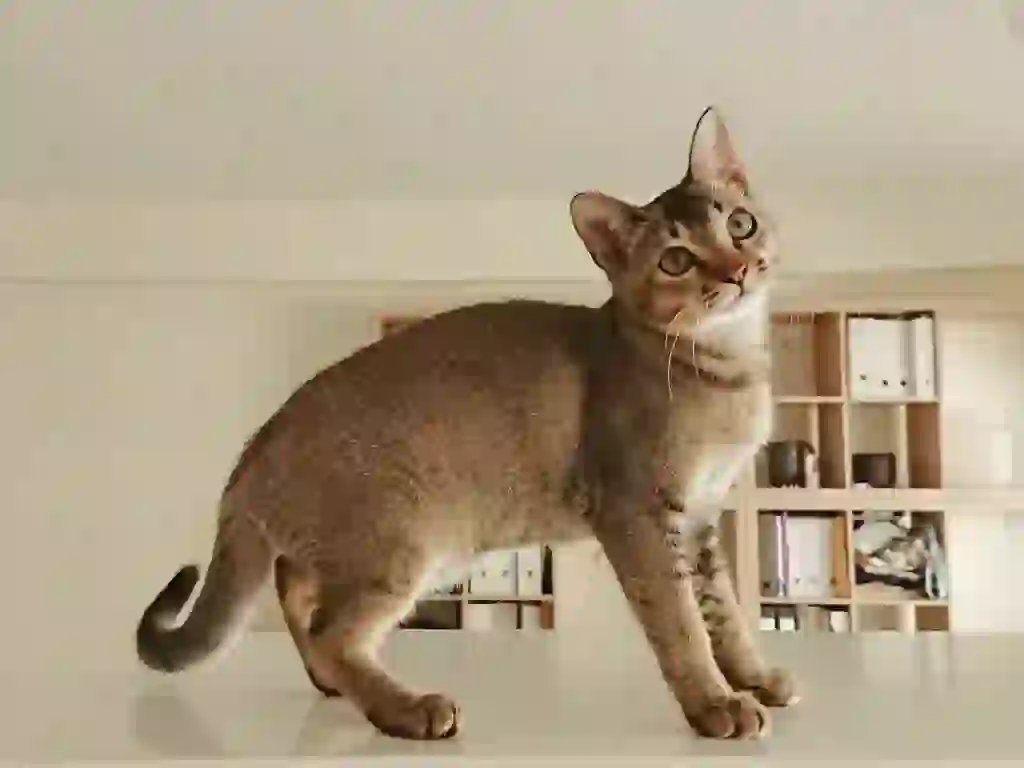
What does Singapura look like?
The head is generally round, and the body type is called semi-cobby. The large almond-shaped eyes are beautiful and slightly upturned, and the ears are relatively large for the size of the head, with a wide base and pointed tips.
The legs are slender but moderately muscular and sturdy. The body is slender but has a robust build.
The coat has a soft and smooth texture, and is said to be like silk. Due to the ticking pattern, you can enjoy subtle changes in color depending on the movement of the coat.
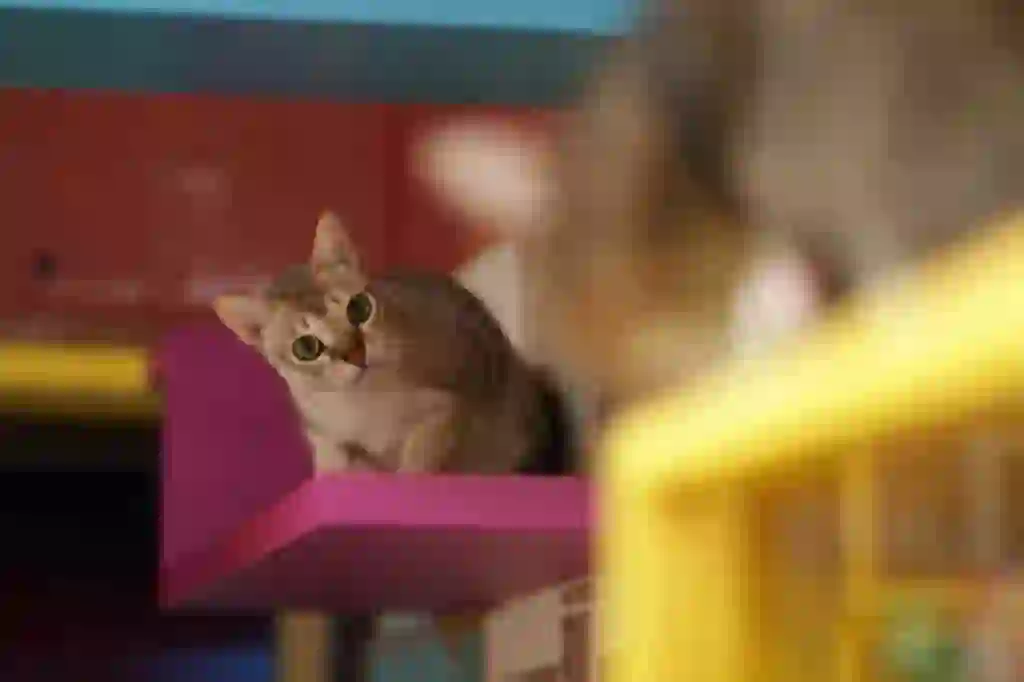
Why is Singapura's body so small?
Singapuras are said to be the smallest cats in the world, but the reason why their bodies remain small even when they become adults is not well understood, as their ancestors were originally stray cats that occurred naturally.
In recent years, smaller cats than Singapuras, Skiff-toed Bobtail and Kuroashi Neko, have been discovered. To give you an idea of how small they are, adult Singapuras have an average weight of 2.5 kg (females), while Skiff-toed Bobtails weigh only 1.7 kg (females) and Kuroashi Nekos weigh only 1.3 kg (females).
To put it simply, 1.3 kg for a typical domestic cat is equivalent to 3 months old. Therefore, even when they become adults, Skiff-toed Bobtails and Kuroashi Nekos grow only to the size of a typical kitten.
Skiff-toed Bobtails are the smallest cats that can be kept at home in the world. However, Kuroashi Nekos are animals that are registered on the Red List and protected, so they cannot be kept as pets.
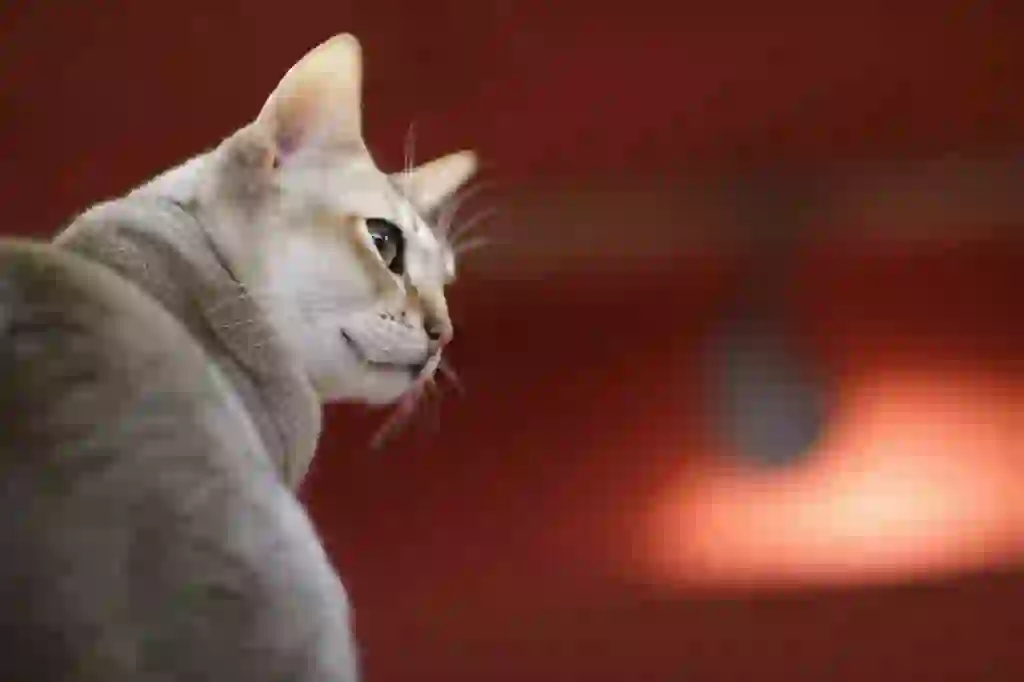
How much does it take to buy Singapura?
If you want to keep an animal, you need to follow the laws set by the country. This time, I will talk about keeping Singapuras at home in Japan. If you buy from a breeder or cattery, it will cost around 150,000 yen. The advantage is that you can check what kind of environment they grew up in and what kind of cats their parents are.
Also, since the reliability varies depending on the personality of the breeder, it is desirable to make a reservation and visit them.
In the case of pet shops, they cost 150,000 to 200,000 yen, and in some cases, they can be slightly cheaper than buying from a breeder. However, some pet shops breed cats indiscriminately, so it may be better to avoid purchasing from shops where the breeding source is unclear.
Singapuras are relatively consistent in price, but some may cost more than 300,000 yen.
・Being a kitten. ・Having excellent parental lineage. ・Having good appearance such as coat.
Although there are other conditions, it seems that the price tends to be higher mainly when these conditions are met.
Unfortunately, there are breeders and pet shops that try to sell fake Singapuras.
Although being small is an absolute requirement for Singapuras, if they are not obese but weigh more than 4 kg as adults, they may not be genuine Singapuras. Therefore, if the price of a kitten is too low, it may be necessary to be careful.
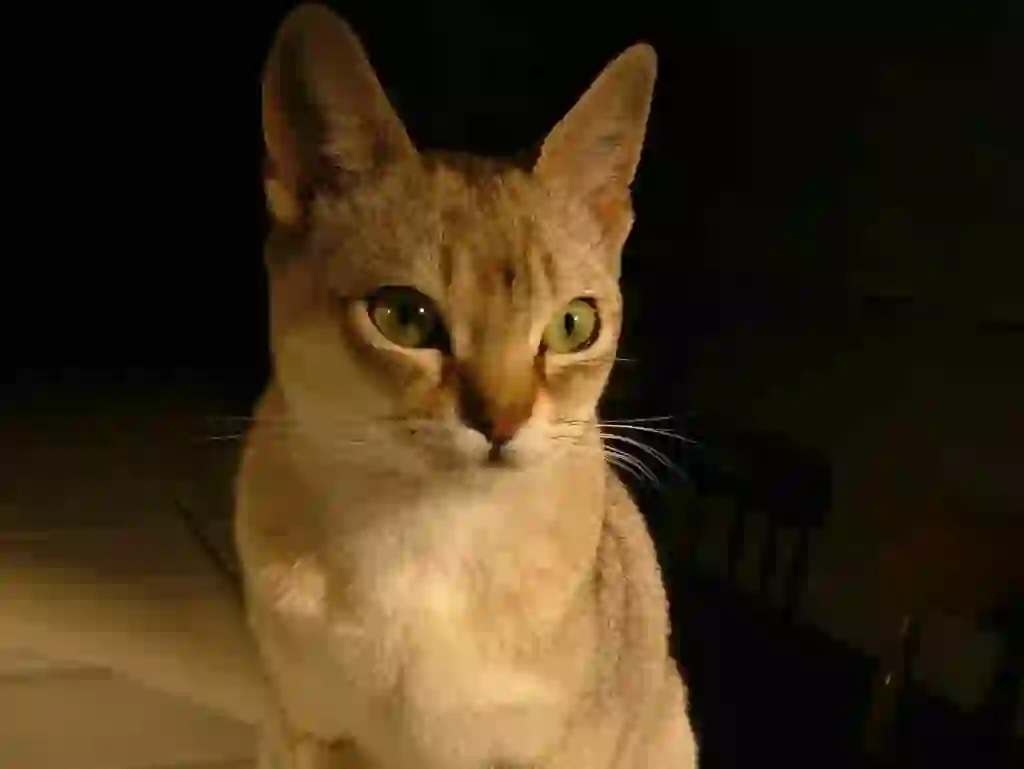
I want to know more about Singapura's personality and characteristics!
They are curious, energetic, and have excellent athletic ability. They used to chase mice, so their reflexes for toys are very quick, and they are interested in various things, so they may be thought of as mischievous pranksters.
Their meows are small, so they are easy to keep in apartments and condominiums. They also have a gentle side and are affectionate to their owners. However, they may be wary of strangers as they are a little shy.
Singapuras are prone to jealousy and may have a desire for their owners to look only at them, so they may not be suitable for multi-pet households.
Also, if the owner is only taking care of small children, it may be stressful for affectionate Singapuras.
It is not impossible to keep them with small children, but it is better to avoid it if possible. It is preferable to keep them in a quiet environment with a small number of people rather than in a large family or noisy environment.
Singapuras, which are said to be intelligent, often learn obedience well.
Males tend to be more affectionate and gentle, while females tend to be cooler and more reserved.
If you want to play with an affectionate Singapura, you may want a male, and if you want to live moderately at a distance, you may want a female.
Of course, there are individual differences in personality, so it is good to remember that the temperament of males and females may be reversed. ※If you want to keep an animal, you need to follow the laws set by the country.
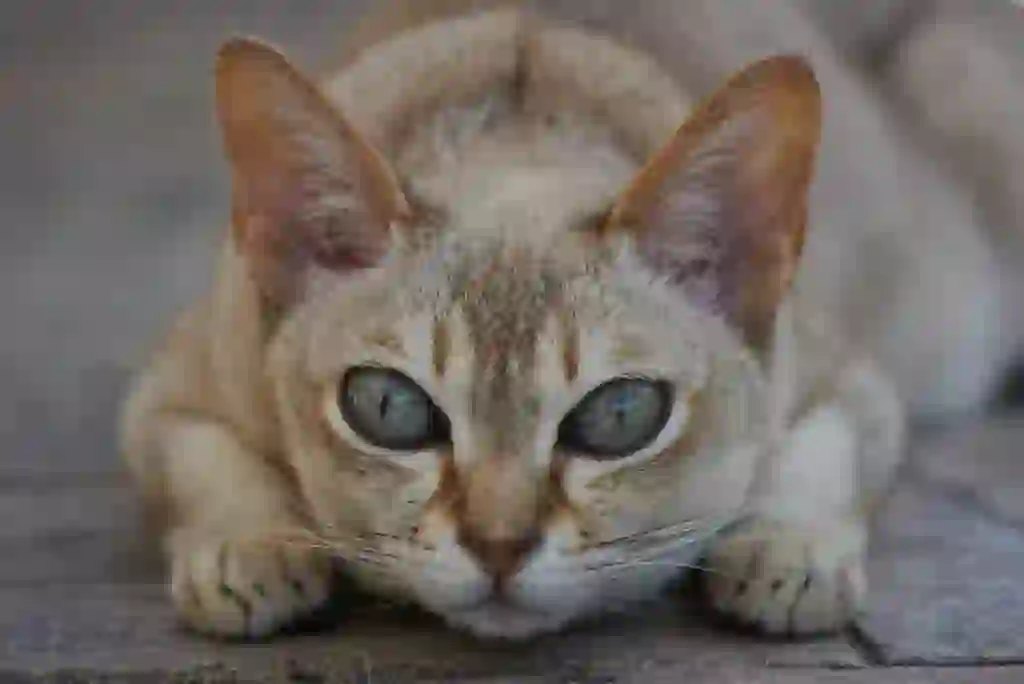
What are the diseases that Singapura is susceptible to?
Singapuras are susceptible to “pyruvate kinase deficiency,” “dermatitis,” and “hypertrophic cardiomyopathy.”
“Pyruvate kinase deficiency” is a disease in which red blood cells are destroyed due to a lack of the enzyme “pyruvate kinase,” causing anemia.
Visible symptoms include fatigue and loss of appetite. Although it often leads to anemia in about 2-3 months, many cats do not notice the symptoms until they become adults if the symptoms are mild, and they may die as a result.
However, not all Singapuras have pyruvate kinase deficiency, and the likelihood of developing this disease is low.
Since it is a hereditary disease, there is no specific prevention method, and bone marrow transplantation is one treatment option. However, it is not a recommended treatment because of the cost and burden on the cat’s body.
Singapore, the country of origin, is a hot and humid country all year round. Therefore, they are not good at cold weather, and they have a sensitive constitution to dryness.
Especially in winter, it is easy to dry out, and they may be more susceptible to skin diseases. If you notice that their skin is itchy or red, it may be a sign of illness, so it is desirable to take them to the hospital.
“Hypertrophic cardiomyopathy” is a disease in which the heart muscle thickens, making it difficult for the heart to contract properly.
Since it often develops due to heredity, there is no specific prevention method yet. Symptoms may not appear even after onset.
Therefore, when you notice it, it may be complicated with thrombosis and there is a risk of dying as it is.
So what should you do to detect the disease early? It is important to have regular health checkups.
Since there is no groundbreaking treatment for this disease, it is difficult to cure completely. However, the progression can be slowed down by symptomatic treatment as early as possible.
※Hereditary diseases are diseases that occur due to mutations in chromosomes or genes.
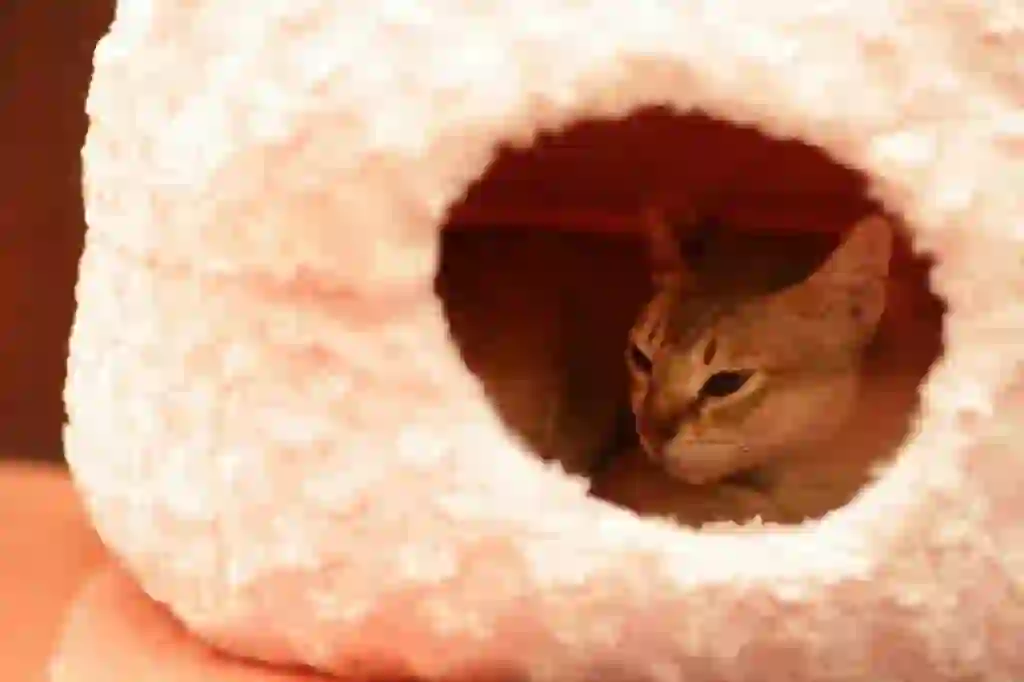
What is the lifespan of Singapura?
According to the source, Singapuras are said to have a lifespan of 13-16 years, which is longer than the average lifespan of cats, which is 12-16 years.
If you take care of them and pay attention to diseases that they are prone to, they can live for more than 16 years. So please keep that in mind.

Would you like to become a part of the 'Animalbook.jp'?
Turn your knowledge into Q&A and share it with the world. ※Publication will be activated after purchase. Let's share information together!
Singapura Type of List
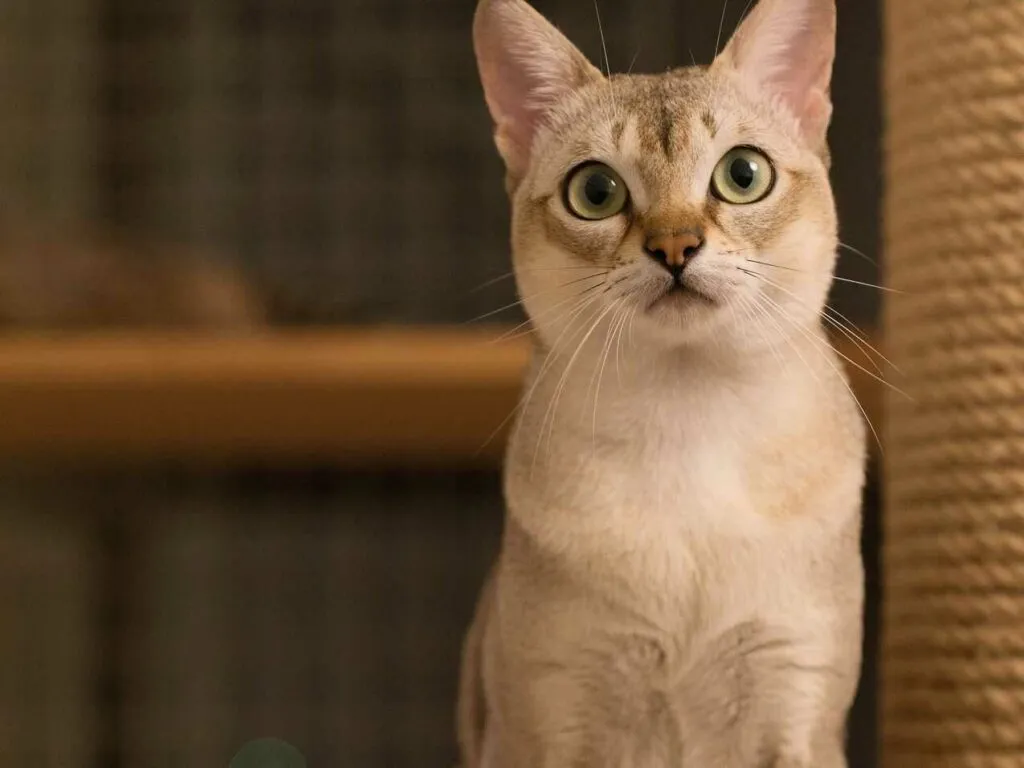
- Singapura
Information
Congratulations! You are the first commenter!

Create Your Favorite List!
Singapura
Save the animals you love! Build your own list to quickly revisit your favorites later.

Would you like to leave a comment?
※Please note: This is for the purchase of rights to post comments within the article.
Find Your Favorites!
Our shop offers a unique and attractive selection of goods themed around various animals.
Singapura References

- まるごとわかる猫種大図鑑 監修:CFA公認審査員 早田由貴子
- 世界中で愛される美しすぎる猫図鑑 監修 今泉忠明
- The Cat Fancier's Association, Inc. https://cfa.org/singapura/
- 猫との暮らし大百科 https://www.anicom-sompo.co.jp/nekonoshiori/
- みんなの猫図鑑 https://www.min-nekozukan.com/
- Pet Smile news for ネコちゃん http://psnews.jp/cat/
- 子猫のへや https://www.konekono-heya.com/sitemap.html
- Cat Press https://cat-press.com/breeds
- MOFFME ペット保険 https://moffme.com/article/618
- pepy https://pepy.xsrv.jp/80917
- ねこちゃんホンポ https://nekochan.jp/
- 公益社団法人 埼玉県獣医師会 https://www.saitama-vma.org/topics/猫の遺伝性疾患について/
Singapura Introduction of media used

出典:https://commons.wikimedia.org/wiki/File:Singapura_Cats.jpg

出典:https://commons.wikimedia.org/wiki/File:Raw_Singapura.jpg

出典:https://commons.wikimedia.org/wiki/File:Curious_Singapura.jpg

Help Enrich Our Animalbook.jp with Your Media!
We are constantly looking to expand and enrich our Animalbook.jp with amazing photos and videos of animals. If you have any media that you'd like to share, please contribute and help us showcase the beauty and diversity of the animal kingdom. Your submissions will be credited and featured in our encyclopedia, reaching a wide audience of animal lovers.


















